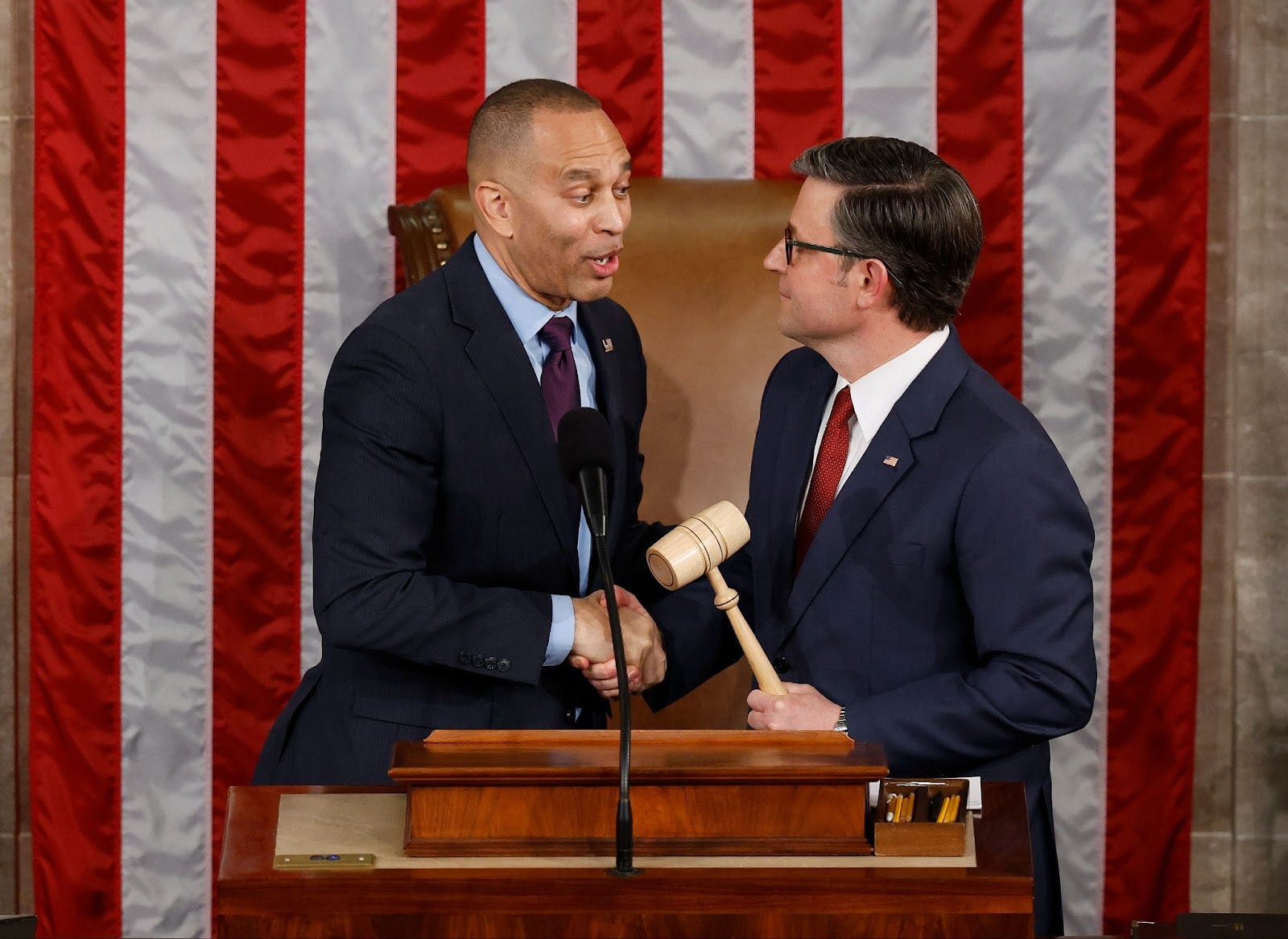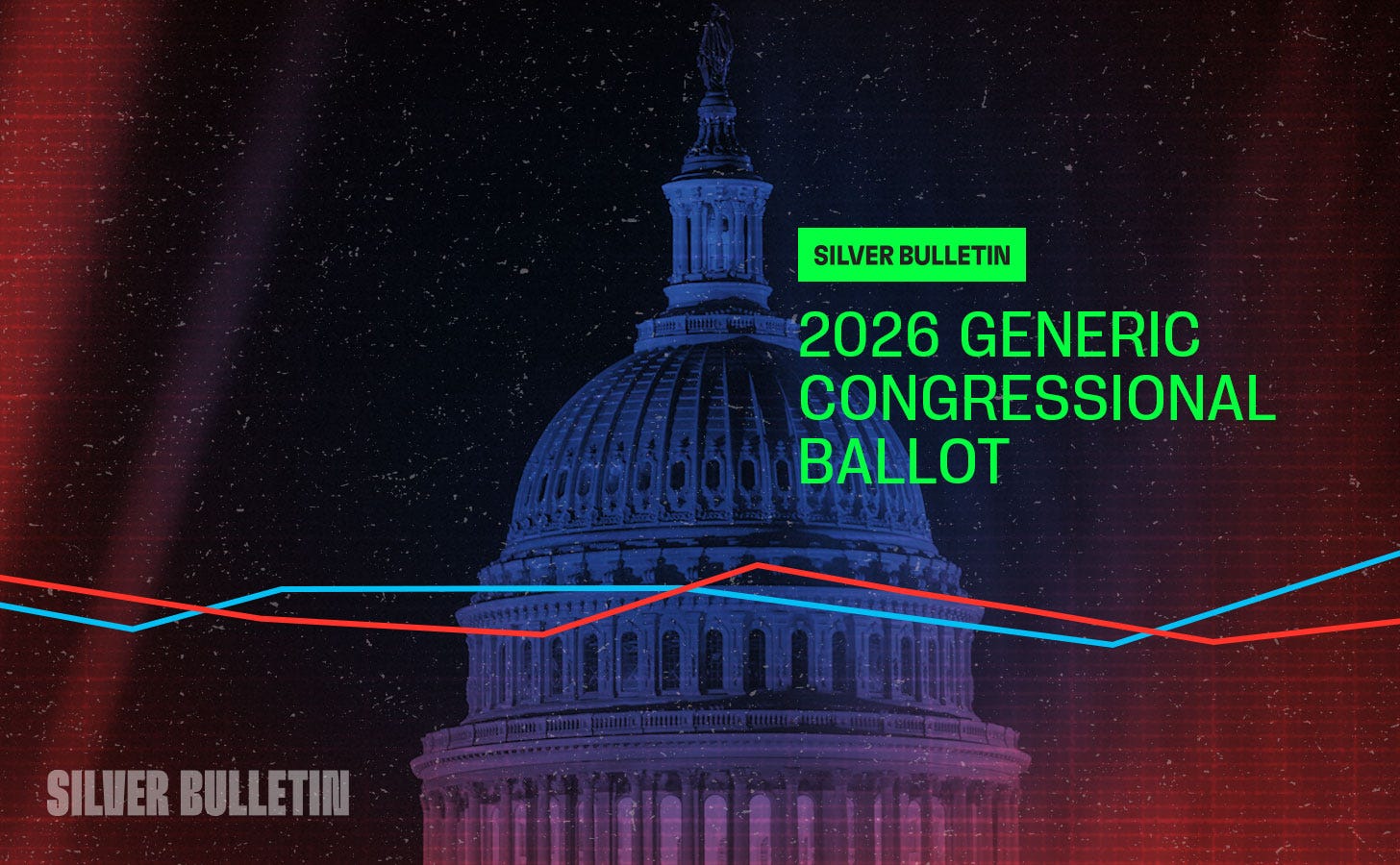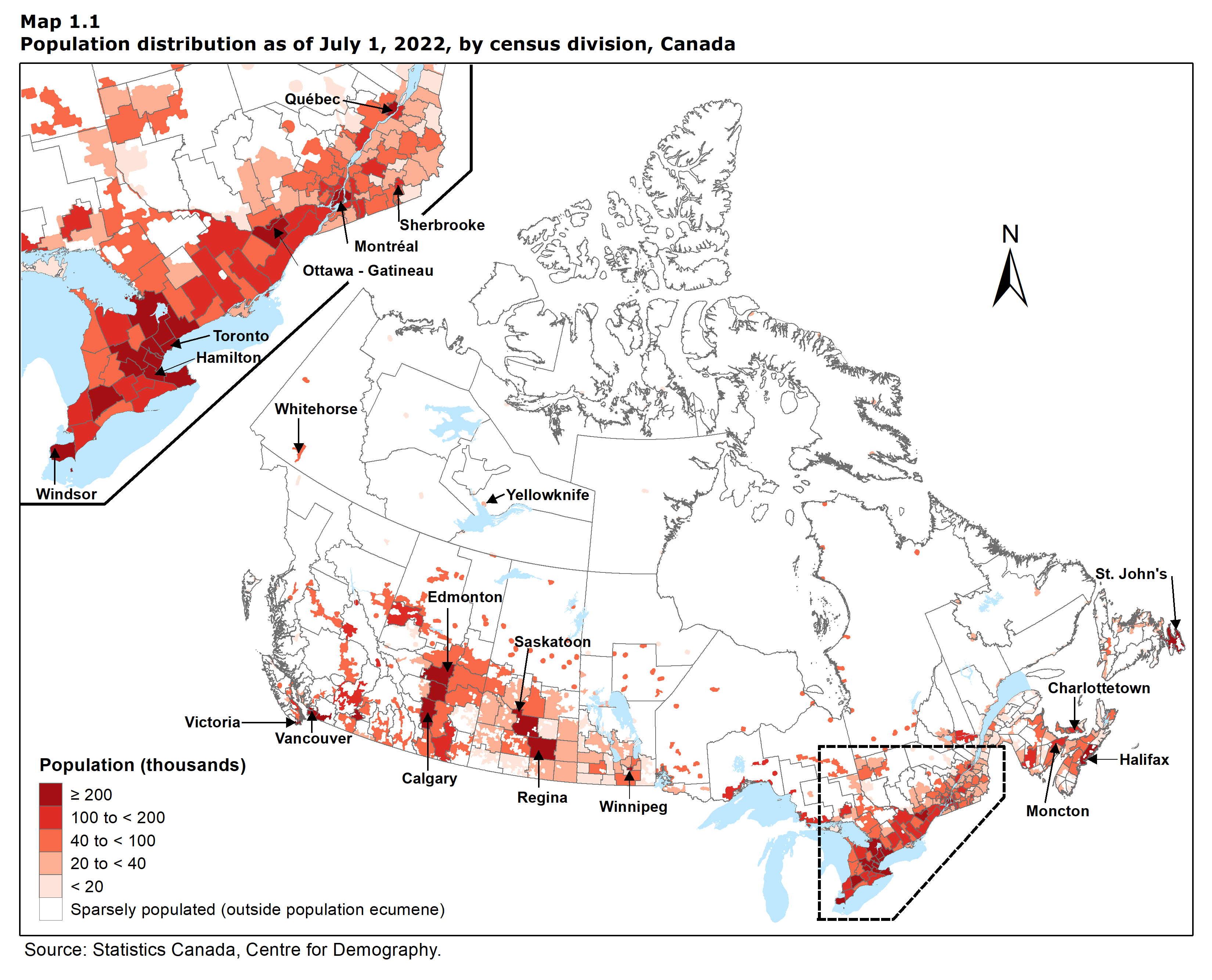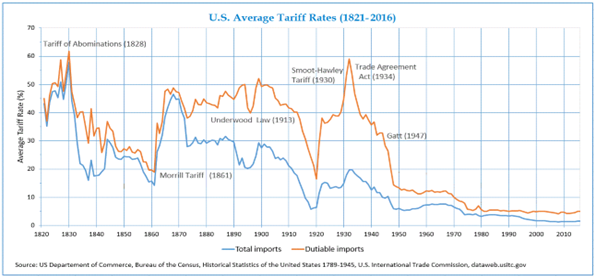1. How Slavery Held Back Growth: Looking Across the River
An argument that slavery hindered economic growth by comparing free and slave states, highlighting how slave societies limited investment and infrastructure for broader economic benefit.
your daily dose of economic commentary
An argument that slavery hindered economic growth by comparing free and slave states, highlighting how slave societies limited investment and infrastructure for broader economic benefit.

Ava Berger discusses the rise of weather influencers and the balance between their popularity and the accuracy of the information they provide.

An argument that Trump's approach to diplomacy failed in Europe, highlighting misconceptions about the continent's safety and economy while emphasizing Europe's united resistance to U.S. bullying.

Tarnell Brown argues that mass deportation negatively impacts the economy by reducing output and raising prices, ultimately harming American workers rather than benefiting them.
The discussion focuses on leveraging AI to enhance liberal democracy, addressing challenges like anti-elite populism and the need for collaboration between technologists and experts in various fields.

The Associated Press discusses TikTok's completion of a deal to establish a new American entity to circumvent a potential U.S. ban.

An argument that federal statistical agencies play a crucial role in compiling diverse data sources, impacting economic measures and the understanding of U.S. competitiveness.

The post analyzes midterm election polling data, highlighting potential outcomes for Democrats based on historical trends and current generic ballot results.

The post analyzes the shifting dynamics of the generic congressional ballot, highlighting a significant shift toward Democrats since Trump's inauguration and providing polling data for the 2026 elections.

The post explains the methodology behind calculating polling averages, including criteria for poll inclusion and weighting based on reliability and historical accuracy.
Tyler Cowen critiques Mark Carney's views on trade and the geopolitical dynamics between Canada, the U.S., and Europe, emphasizing the limitations of middle powers.

Maria Aspan discusses Trump's $5 billion lawsuit against JPMorgan Chase and CEO Jamie Dimon, highlighting tensions between the former president and the banking giant.

The post discusses Canada's shift away from U.S. dominance in global affairs, contrasting Mark Carney's speech with Donald Trump's chaotic leadership and its implications for international relations.

An argument that heavy regulation in health care may not be optimal, as regulators lack the incentives that drive efficiency and profit-seeking in markets.

The post discusses the global decline in fertility rates, its implications for population aging, and the economic challenges posed by a shrinking workforce.

The author shares personal updates, discusses various topics including technology, economics, and social issues, and provides links to interesting articles and papers.
An argument that mainstream economic theory fails to adequately explain the rate of profits and distribution, highlighting the limitations of both marginal productivity and orthodox theories.
The discussion covers the relationship between monotheism and monogamy, the role of women in Christianity and Islam, and historical impacts on religious structures and practices.

The post discusses the EEOC's decision to revoke its 2024 harassment guidance, which outlined unlawful harassment for employers.

An argument that the Trump Administration's trade policies represent a significant shift in U.S. trade strategy, impacting both economic and political dynamics historically and currently.